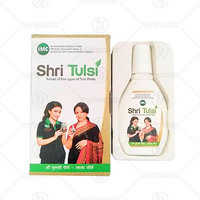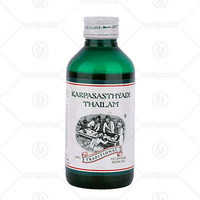Paralysis is a condition in which a person is unable to move one or all parts of the body (either partially or completely) due to loss of strength and control over a muscle or group of muscles in that body part. The patient may experience tingling, numbness or cramps before losing muscle control. There may be muscle stiffness and altered sensations in the affected part of the body. Other symptoms of paralysis may depend on the area involved. These symptoms include difficulty in breathing; loss of urine or bowel control; sexual problems; difficulty with talking, chewing or swallowing; skin, muscle and bone changes; behavioural changes; and problems in blood flow and heart rate.
Paralysis may occur due to brain or spinal cord injuries. Stroke, multiple sclerosis, cerebral palsy, Guillain-Barre syndrome, toxins/poisons, neurofibromatosis, post-polio syndrome, birth defects and tumours are some other causes of paralysis.
The person may or may not be able to feel touch or other sensations in the affected part. Paralysis can be temporary or permanent and partial (some control over muscles) or complete (muscles cannot be moved at all). It may be flaccid or spastic. In flaccid paralysis, the muscles become flabby and shrink, resulting in muscle weakness. In spastic paralysis, the muscles become tight and rigid, resulting in twitching or spasm.
Paralysis is easily diagnosed by the obvious loss of muscle function. To assess the condition and identify the cause, tests such as MRI, CT scans, x-rays, electromyography and myelography are done. Treatment mainly includes physiotherapy and occupational therapy. Moving aids may be provided to some.
Homoeopathic treatment along with assistive therapy is said to be helpful in healing the injured spinal cord, thereby restoring the body functions. Long-term treatment may aid in regaining nerve and muscle power.
Some of the homeopathic remedies that are used for the treatment of paralysis include agaricus muscarius, causticum, curare, gelsemium, lathyrus sativus, nux vomica, plumbum metallicum, phosphorus and zincum metallicum.
However, not every homeopathic remedy suits each person equally. Homeopathic doctors consider the individual characteristics of a patient’s personality and physiology before prescribing a unique remedy and its dosage to them.
(Read more: Ayurvedic treatment of paralysis)



















